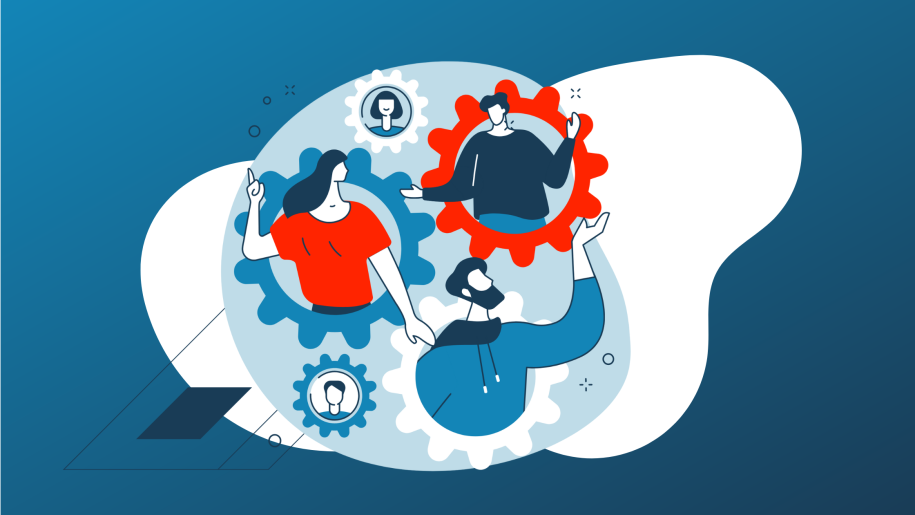Staying ahead of the curve
In eCommerce, you know the importance of personalizing and tailoring the customer experience to individual behaviors. Learning these trends is crucial. But what about unlearning? The ability to unlearn is just as important as the ability to learn, especially when it comes to AI-driven personalized product recommendation engines.
Behind the scenes of most recommendation engines
Recommendation engines are complex algorithms that make product or content recommendations based on user behavior and preferences. The main component of traditional recommendation engines is the data collection process. Collecting user data, search queries, and purchase history, to understand their behavior. Based on the data collection, the recommendation engine uses machine learning algorithms to analyze the data and generate recommendations.
These are a few of the most common types of recommendation engines: Collaborative Filtering, Content-Based Filtering, and Hybrid.
- Collaborative Filtering: recommends items based on the behavior of similar users. Using past behavior of users to predict their future preferences.
- Content-Based Filtering: recommends items based on the content of the items themselves. Analyzing the properties of the items, such as genre, category, and keywords, and recommends similar items to the user.
- Hybrid: combination of both Collaborative Filtering and Content-Based Filtering to generate recommendations. By combining these methods, the recommendation engine can provide more accurate and diverse recommendations to users.
These types of recommendation engines require mass amounts of data to function and lack the ability to unlearn because they rely solely on their data collection to inform future behavior.
Using personalization to boost loyalty
Why is unlearning data so important? Think about it this way—if a customer looked at a canoe and didn’t purchase it, showing them the same canoe 6 months later is unlikely to be effective. It’s time to stop showing that customer the canoe. You learned that they may want a canoe, but since no actions were taken, it can be assumed they are no longer interested (it’s not you, it’s the canoe.) This is the idea of unlearning data, now it’s time to learn new behaviors. By unlearning and focusing on the customer’s current behavior, you provide highly personalized recommendations and the most relevant experience possible.
The question is: How can you achieve this? Real-time learning is key. With the power of our AI—learning happens in real-time, understanding the unique customer data to adapt to give them a unique experience. The key word here is real-time. This means focusing on how customers are engaging with your site in the moment, rather than relying solely on historical data.
Unlearning doesn’t mean discarding. You’re not throwing that data away–you just aren’t hyper-focused on it as the sole identity of the customer. Old behaviors are still valuable in understanding the customer and can inform future interactions. The key is to focus on the present while still learning from the past. Data, old and new, can teach you something about your target market.
AI for the future
This is how Proto AI has distinguished itself from other recommendation engines. Proto AI’s technology works in real-time to deliver the most up-to-date solutions. Unlike traditional recommendation engines that rely on fixed algorithms, Proto AI continuously analyzes customer behavior and adapts to changing trends and preferences. The recommendations are always fresh and relevant, leading to increased customer satisfaction and retention. Our engine immediately starts to understand users on your site no matter how much historical data you have or the size of your audience.

